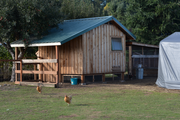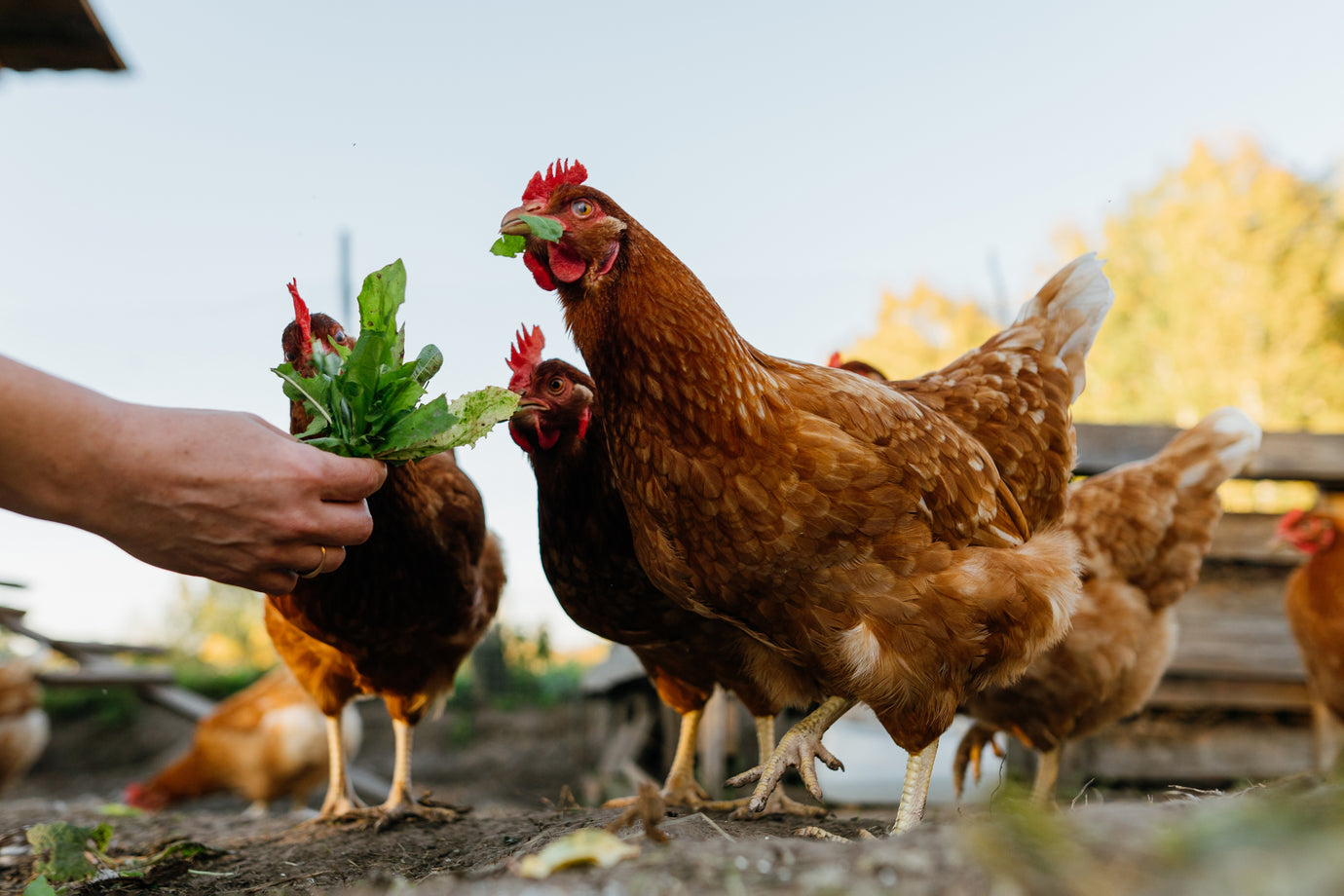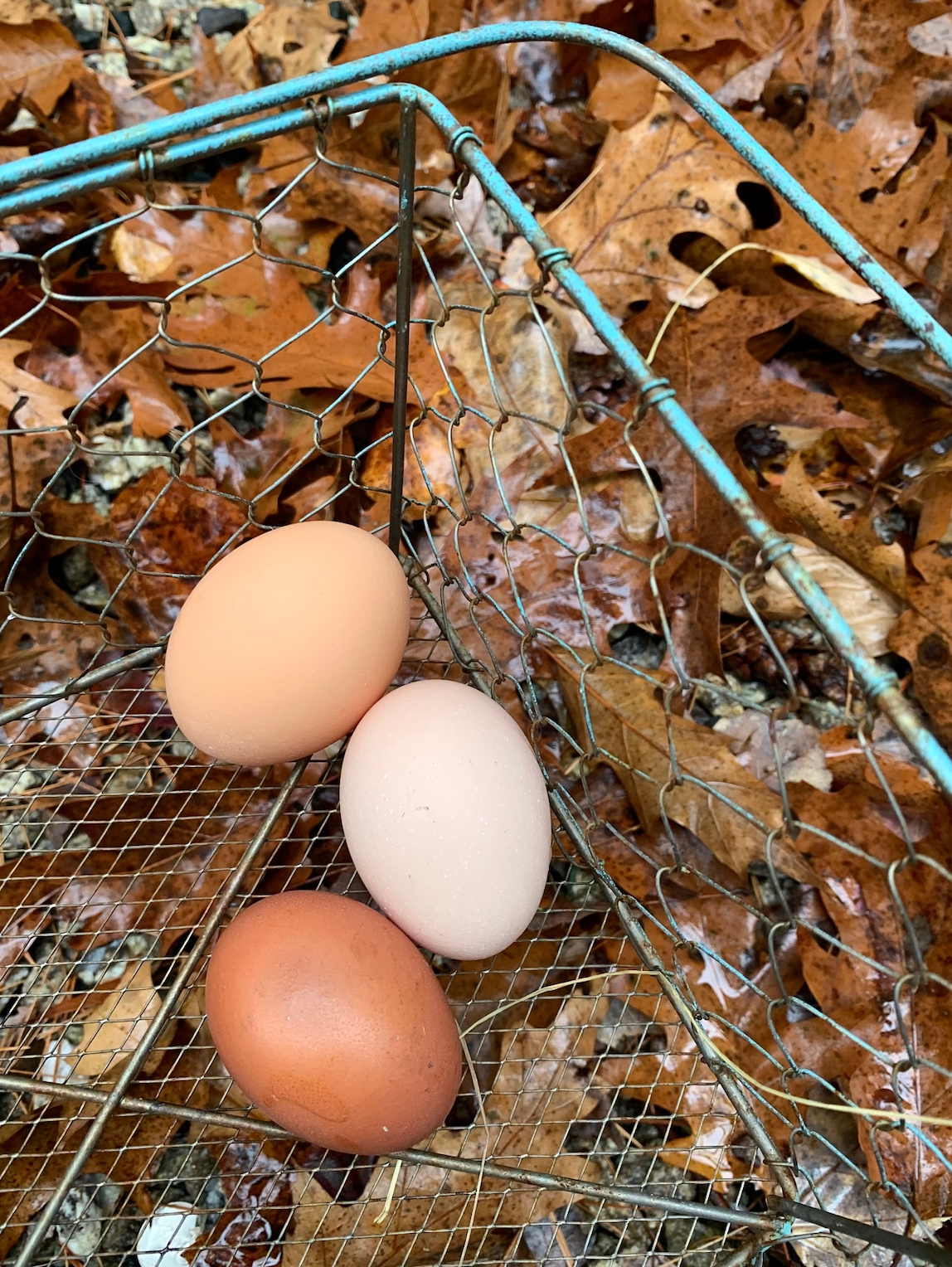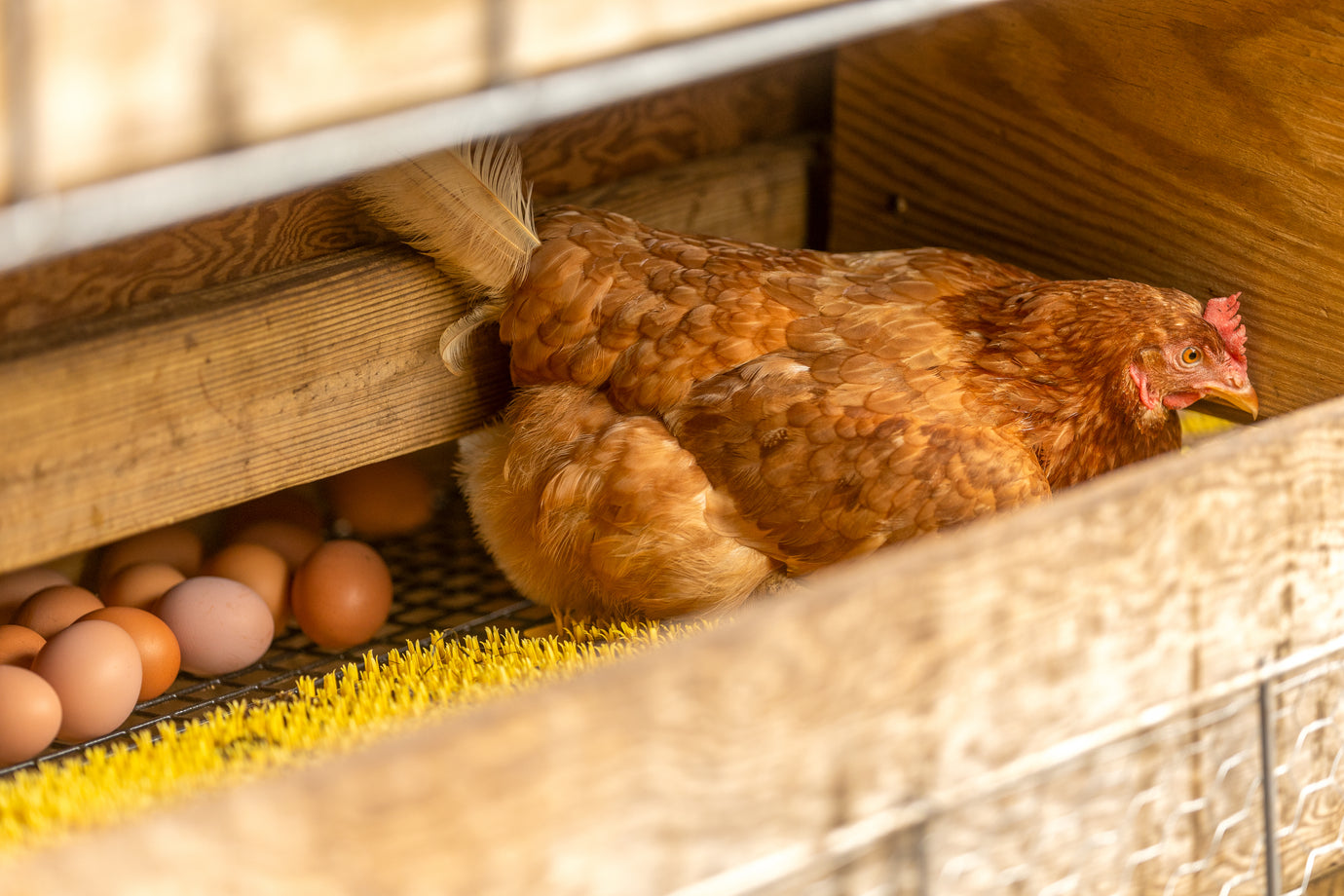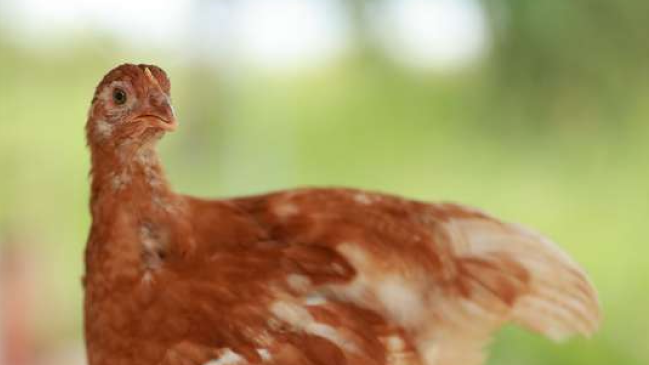Help! My Flock Is Squabbling!

Help! My Flock Is Squabbling!
As a new chicken owner, there is almost nothing more shocking than when your beloved pets pick on each other. But most of the time, a few flock squabbles are nothing to worry about! Feathered fights are often a normal and healthy part of raising chickens. Let’s talk about it.Chickens can squabble for a number of reasons! The most common - and normal - squabbling is to establish - you guessed it - the pecking order.
In many flocks, the rooster will be the ‘top dog’ - keeping everyone in line and watching over the “women.” But aside from the rooster, the hens also have their own lineup. And in the absence of a rooster, a hen will often take his place and guard the flock. You may even hear her start to crow!The hens at the top of the pecking order will remind the hens at the bottom just what divas they are! They’ll get the best food, sleeping spot, and proximity to their main squeeze. You might see some minor squabbles, a harsh word, and a couple of pecks to keep everyone in their proverbial place. This is normal and expected, and most flocks will have some amount of squabbling. The more docile the hen is, the more likely she is to be at the bottom of the pecking order. But as long as everyone gets their fair share of the feed, it’s nothing to worry about.
You may also notice minor squabbling when hens all want to use the same nest box! Like brothers and sisters fighting over the same toy, they’ll squawk and complain, but eventually, everyone gets a spot to lay their eggs. The same goes for bedtime—they may push and shove and holler to find the exact spot they want to sleep, but in the end, everyone gets a place. If you watch closely, you’ll find these situations to be much more comical than they are dangerous.
My chickens will fight over a piece of food, a random toy left in the yard, or a dead weed. Watching the chickens run, chase, and attempt to steal the prize is funny! But this kind of fight is normal and funny, and no one actually gets hurt.
However, there are a few things to keep an eye out for.
-
Baby chicks. Sometimes, the pecking order gets a little haywire when baby chicks are introduced to the flock. Some moms will needlessly protect their babies from other hens. But if there is more than one mom with more than one clutch of babies, you’ll want to keep an eye out. One momma hen might kill another hen’s babies, thinking they are a threat to her own. If you see any distress between the mothers, you may want to separate them until the babies are big enough to avoid getting hurt. Typically, if it happens in your flock, the same hen will do the same thing with every clutch of eggs, so you’ll know who to separate next hatching season.
-
Illness or injury. Chickens are born with a sort of a hive-mind, and because of that, they quickly work to rid the flock of any chicken that makes the flock more susceptible to illness or predators. This means that if a chicken becomes ill or gets injured (especially if there is blood), the flock may attack it mercilessly. This type of gang situation might seem barbaric to us, but to a chicken, an injured member of the flock is a weakness that could attract predators and put the entire flock at risk.
For hens or flocks dealing with illness, supplementing Avaplex® in drinking water can rapidly boost the immune system and eliminate the health challenge. If you have an injured chicken, the best thing to do is separate it from the rest of the flock before they injure it worse. I’ve found that a large tote with bedding, food, and water (supplemented with Avaplex) in the house or garage is a good spot for a recovering chicken. Once they can hold their own, you can slowly re-introduce them to the flock again. Remember that the pecking order may have changed; you’ll see them readjust.
-
Cramped quarters or lack of stimulation. A surprising cause of squabbling is cramped quarters. If your coop or run is too small for the number of birds you have, they’ll fight over who gets to go inside. Some may not even go inside at all, leaving them susceptible to nighttime predators. So, if you notice excessive squabbling when your chickens head in for the night, you might need to invest in a larger space with more roosts. Boredom when kept in tight runs with little stimulation (toys or foraging activities) can also lead to squabbling. Remember an active chicken is a happy chicken!
-
Too little food. Even the most docile chickens can get downright hangry when there isn’t enough food to eat. Each chicken eats about ¼ pound of commercial feed per day. But some gets wasted, some chickens eat too much, and sometimes the rest just don’t get enough. If your chickens are restless in their pen, anxious, and squabbling, they may be hungry. Consider feeding them more food more often and see if it doesn’t get better.
-
Too many roosters. The best ratio is about 1 rooster for every ten hens. So, if you have 30 hens, you can probably have 3 roosters without any problems. However, too many roosters can overbreed the hens, causing injury and aggression.
If you have too many roosters, they can also hurt each other. Some will fight to the death to prove their love for their ladies, so keep an eye out. If there seems to be excessive squabbling and you have more roosters than one per every ten hens, you may need to rehome some of them. There may be some exceptions, such as very docile breeds like Silkies or tiny Bantam breeds. -
General Stress. Several factors can lead to general stress, but most of the time it’s the uncontrollable disruptions in daily routines. Not only can general stress lead to health issues, but did you know it can even lead to a dangerous level of squabbling? Weather changes, extreme weather events, adding new birds to the flock, moving your hens, changing feeds, cleaning the coop, trauma, and physiological changes as hens grow/develop are all examples of causes of general stress. When hens experience general stress, they may become irritable and initiate squabbling with their fellow flock mates. Applying Avaplex® in your flock’s water naturally reduces stress and provides your feathered friends with the strength to deal with routine disruptions.
So, how can you tell when to worry? Remember that some amount of minor squabbling is totally normal. But if the fighting gets excessive or your chickens are actually getting injured, you’ll want to take a deeper dive into what’s happening in your flock.
Most of the time, a few simple tweaks to your flock’s coop, feed, or supplementation of Avaplex® to reduce illness or stress are all it takes to get everyone getting along again.
